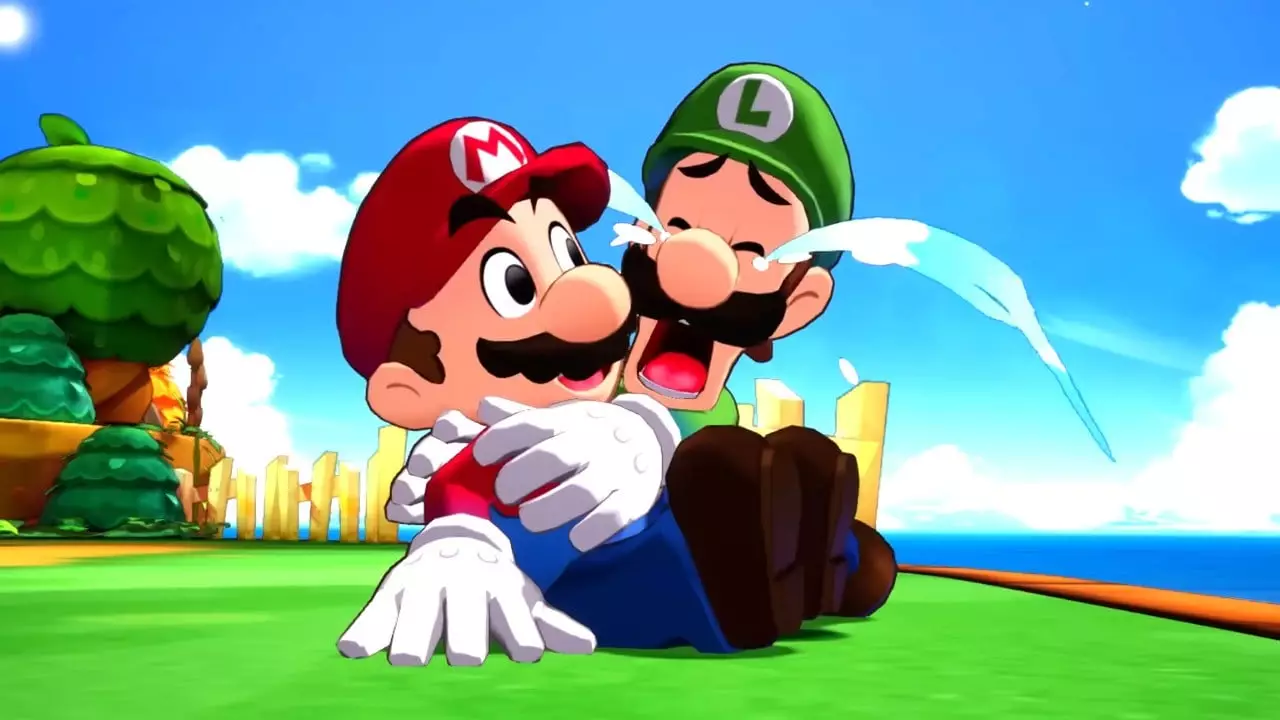The gaming industry has witnessed a significant surge in piracy over the past decade, a challenge that threatens the livelihoods of game developers and publishers. Nintendo, a stalwart in the gaming community with beloved franchises like Super Mario and The Legend of Zelda, has found itself at the forefront of this battle. Recently, the company initiated legal action against Jesse Keighin, known online as ‘EveryGameGuru,’ for allegedly streaming pirated Nintendo Switch games and promoting emulation tools. This case serves as a poignant reminder of the ongoing struggle between content creators and those who exploit their work without authorization.
Details of the Lawsuit
According to reports, Keighin’s activities have left Nintendo feeling particularly aggrieved. He is accused of not only streaming pirated versions of games but also monetizing this content and openly flaunting his defiance in communication with the company. For instance, after Nintendo took steps to dismantle his unlawful activities, Keighin reportedly boasted about his ability to create “a thousand burner channels” to continue streaming unabated. This brash display underscores a troubling trend where individuals in the digital space challenge established laws and norms of copyright, believing they can outsmart enforcement measures.
Nintendo’s lawsuit is striking in its demands—seeking $150,000 for each instance of copyright infringement. Given the allegations of Keighin streaming unauthorized copies on multiple occasions, the potential financial ramifications could rise to a staggering sum of $7.5 million. Such figures illustrate the severity of the situation, not just for the defendant but for the entire gaming industry. Compromising the intellectual property of developers threatens the financial viability of future projects and erodes the trust gaming companies build with their audiences.
The Implications of Piracy for the Gaming Community
The ramifications of piracy extend far beyond legal entanglements. When individuals like Keighin promote pirated content, they inadvertently stifle innovation and undermine the efforts of countless professionals dedicated to creating captivating gaming experiences. Additionally, accessible pirated content can skew gamer perceptions; they may come to expect free or significantly cheaper options, diminishing their appreciation for the value of legitimate, meticulously crafted games.
Piracy also risks alienating loyal customers who invest in gaming hardware and original titles. When game creators are forced to allocate substantial resources toward combatting piracy—possibly at the expense of developing new games—the entire ecosystem suffers. The creator community grows wary, and genuine engagement between developers and gamers is jeopardized.
Nintendo’s lawsuit against Jesse Keighin epitomizes a larger struggle within the digital age: the balance between consumer access and creators’ rights. As technology evolves, so do the means of both piracy and enforcement. This case highlights not only the risks of infringement but also the need for stronger discourse around copyright and fair use. As the battle against digital piracy progresses, it will be crucial for companies like Nintendo to set a precedent that protects their creative works while fostering a sustainable and respectful gaming environment that allows both developers and fans to thrive.


Leave a Reply